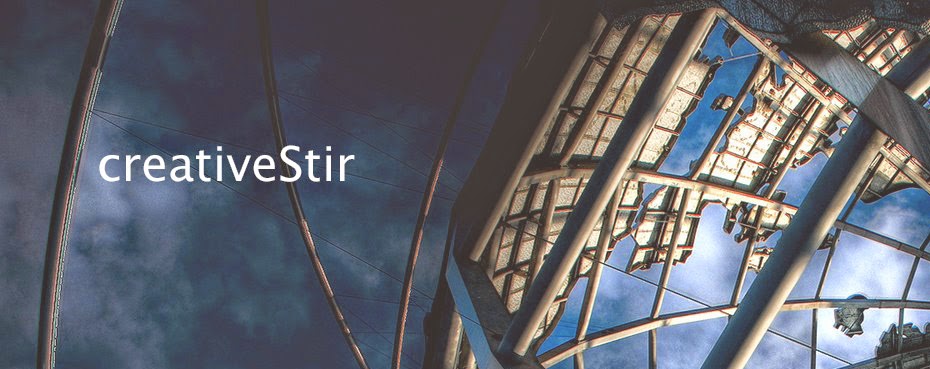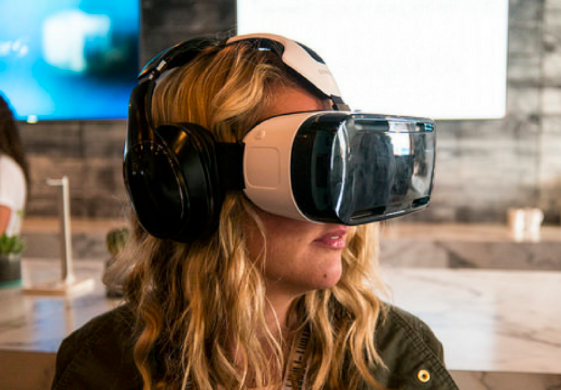'Innovation' can be an overused word. How do you define 'innovation?' How does your school or business define it?
I've always promoted the development of and thrived in 'innovation labs' as places to get things started. You know, places where you try new things, new approaches, new ways to design, think and explore challenges and ideas. My house at various times is an innovation lab, and I've built a few in education.
The trick is moving innovation out into the routine. Even if it improves practice or opportunities, sometimes it can meet resistance.
I've been experimenting with VR and AR lately... and in an exploration setting, there's a lot of great things to dive into in this field. I've chosen Unity3D on this front (free for the hobbyist, education, personal use).
What schools and businesses have 'true' innovation labs? Are they isolated or based in rich collaborative practices?
How can VR and AR be used to reimagine... the places we live, problems we need to solve, new ways to visualize something, or how we work?
Opening new doors takes time-tested and new approaches. There are new ways to visualize things, experiment, and collaborate. How do you or your workplace dive into 'ideation?'
Build new opportunities. Keep moving forward. Keep learning. Never know what might evolve.


